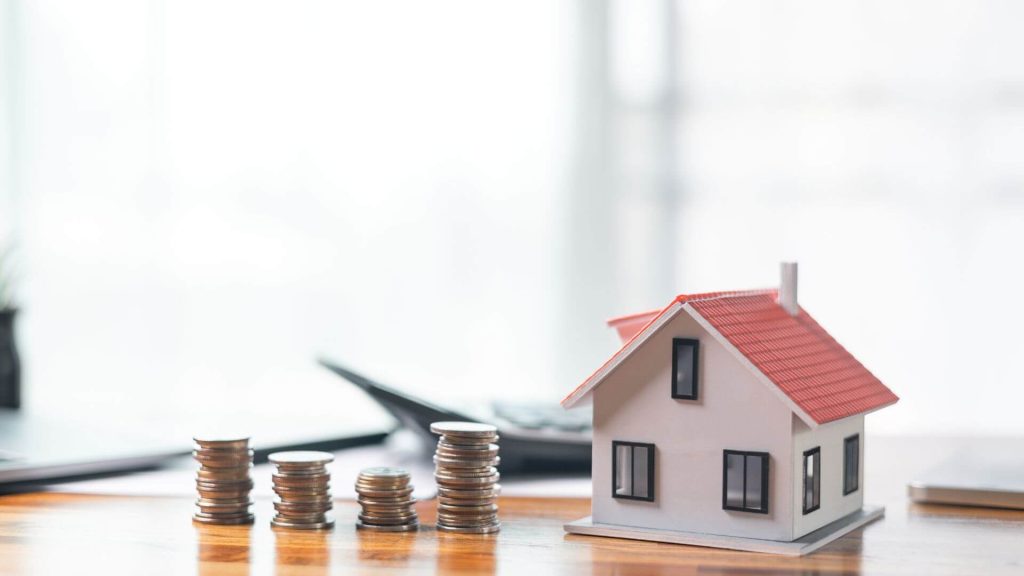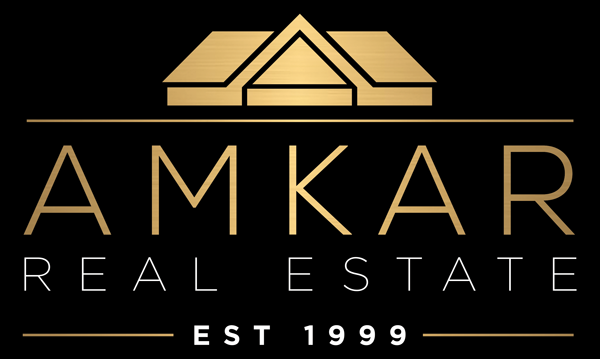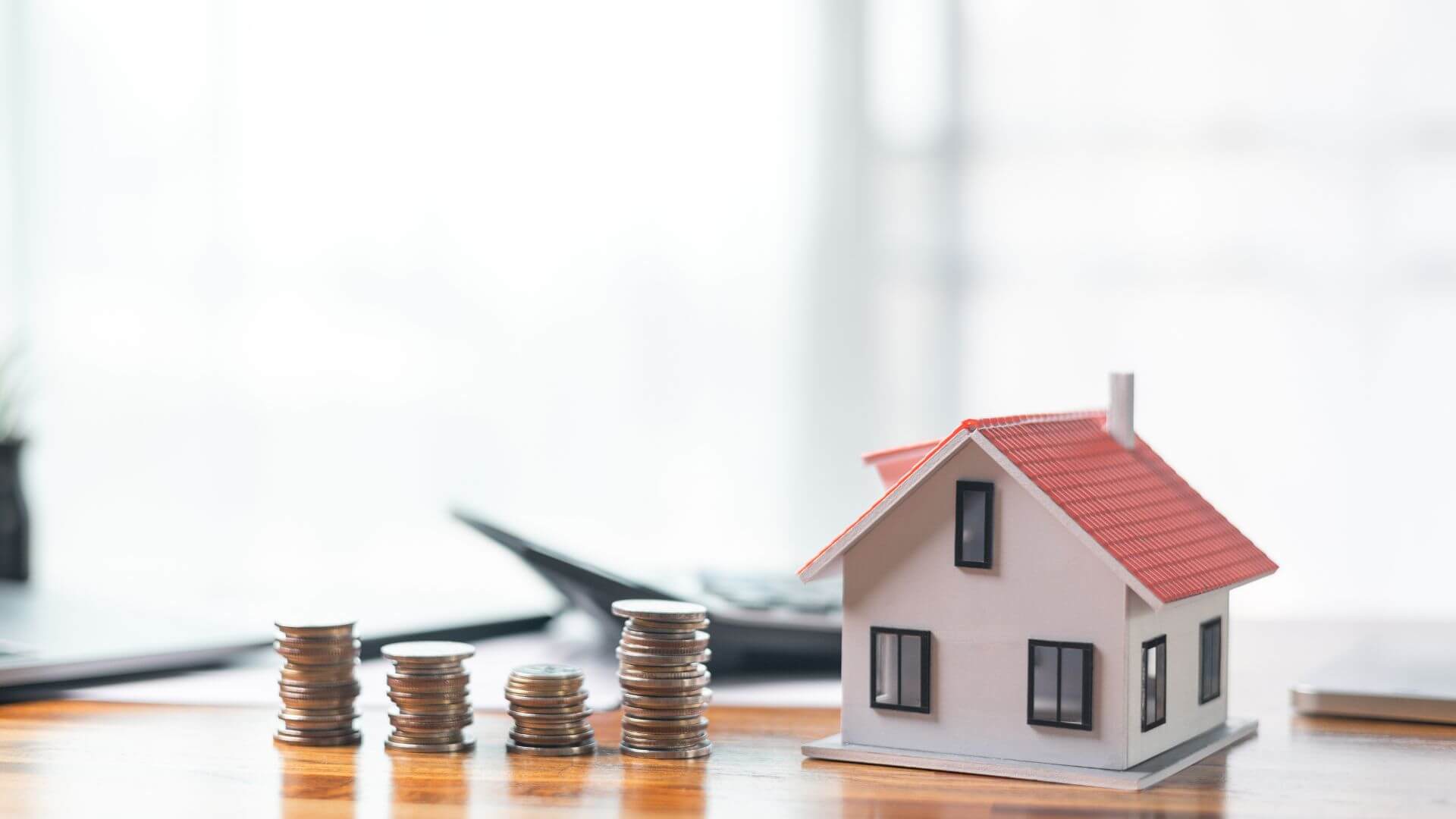What is rental yield and why does it matter?
If you’re a property investor or thinking about becoming one, you’ve probably come across the term rental yield. But what does it actually mean, and why is it important?
Put simply, rental yield is the return you earn from your investment property, based on the rental income it generates. It’s typically expressed as a percentage of the property’s value. This figure helps you compare the income potential of different properties and assess whether your investment is performing well.

What is rental yield?
Rental yield is the return you earn from a rental property, based on how much income it generates compared to how much it cost you. It’s one of the most common ways to measure the performance of an investment property.
There are two main types of rental yield:
- Gross rental yield – this looks at the rental income before expenses
- Net rental yield – this takes into account your expenses like property management fees, maintenance, council rates, and insurance
How is it calculated?
Here’s how to work it out:
🔹 Gross rental yield
= (Annual rental income ÷ Property value) x 100
For example, if your property is worth $500,000 and earns $500 a week in rent:
$500 x 52 = $26,000 per year
($26,000 ÷ $500,000) x 100 = 5.2% gross rental yield
🔹 Net rental yield
= ((Annual rent – Annual expenses) ÷ Property value) x 100
This gives a more realistic view of your return after costs are considered.
Why is it important?
Understanding rental yield helps you make smarter investment decisions. Here’s why it matters:
- Compare investments – It helps you compare different properties and locations.
- Plan your finances – Knowing your expected income helps with budgeting.
- Understand performance – It shows how well your investment is doing over time.
- Spot red flags – A very low yield might mean a property is overpriced, or the rent is under market value.
In South Australia, especially in areas like Adelaide, rental yields can vary depending on the suburb, demand, and type of property. Regional areas often offer higher yields, while inner-city properties might offer stronger long-term growth.
What’s a good rental yield?
This depends on your goals and the local market. In general:
📌 A gross rental yield of 4%–6% is considered average for many areas in South Australia.
📌 Regional properties might achieve yields of 6% or higher, but this may come with other risks such as higher vacancy rates or lower long-term growth.
📌 Lower yields might still be acceptable if the property is located in a high-growth area where capital gains are strong.
As of February 2025, the gross rental yield in Adelaide was 3.7%, which is on par with the national average. Meanwhile, Regional South Australia recorded a gross rental yield of 4.7%.
(Source: CoreLogic.com.au)
Remember, higher rental yields don’t always mean better investments, it’s important to also consider factors like vacancy rates, ongoing maintenance, and potential capital growth.
How to improve rental yield
If you’re already a property investor, there are ways to increase your rental yield:
- Review your rent regularly and stay in line with the market
- Add features tenants love (air conditioning, dishwashers, etc.)
- Refresh the property with minor upgrades to improve appeal
- Keep vacancies low by maintaining good relationships with tenants
- Use a professional property manager to help you optimise returns
Understanding rental yield helps you evaluate whether your property is delivering a healthy return and how it stacks up against the broader market. Keeping an eye on changes in yield over time can also help you spot trends, guide your next investment decision, or flag when it might be time to review your rental strategy.
Need help reviewing your property’s performance? Get in touch with the team at AMKAR, we’re here to support smart property decisions.
This article is general in nature and does not constitute financial or legal advice. Please consult your professional advisor before making any property investment decisions.

